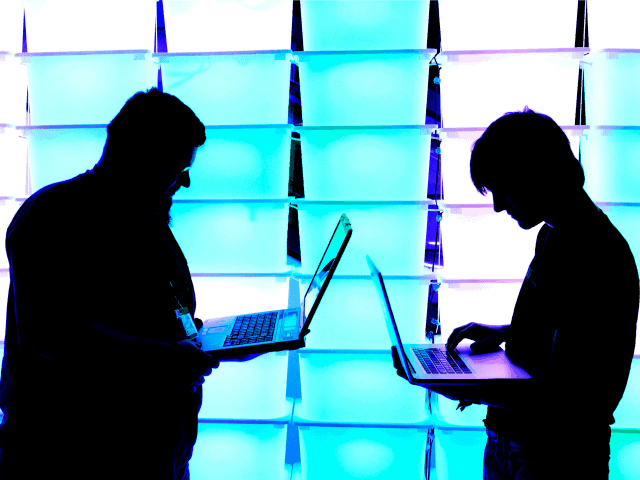UC San Francisco Pays Hacker’s $1 Million Ransom to Save Research

The University of California, San Francisco has admitted that it paid $1.14 million to “ransomware” hackers to retrieve research that hackers had temporarily compromised. The hackers initially demanded a payment of $3 million to return the data that they had stolen from the university.
According to a report by ZDNet, the University of California, San Francisco (UCSF), announced last week that it had paid a $1.14 million ransom to hackers that had placed an encryption hold on data stored on university servers.
UCSF, which focuses on medical and biological research, claims that it is cooperating with law enforcement to find the culprits behind the cyberattack.
In a statement, the university said that they are working to reinforce their cybersecurity to prevent a similar breach from occurring in the future.
While we stopped the attack as it was occurring, the actors launched malware that encrypted a limited number of servers within the School of Medicine, making them temporarily inaccessible. Since that time, we have been working with a leading cyber-security consultant and other outside experts to investigate the incident and reinforce our IT systems’ defenses. We expect to fully restore the affected servers soon.
The university, which is home to the UCSF Medical Center, claims that the compromised data did not include patient records. An analysis of the cyberattack suggests that the hackers did not access the data for any reason other than to obtain a ransom payment.
Our investigation is ongoing but, at this time, we believe that the malware encrypted our servers opportunistically, with no particular area being targeted. The attackers obtained some data as proof of their action, to use in their demand for a ransom payment. We are continuing our investigation, but we do not currently believe patient medical records were exposed. As additional facts become known, we will provide further updates.
Stay tuned to Breitbart News for more updates on this story.
Photo: Patrick Lux/Getty











